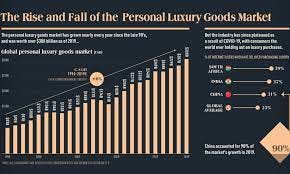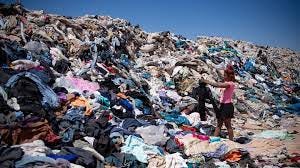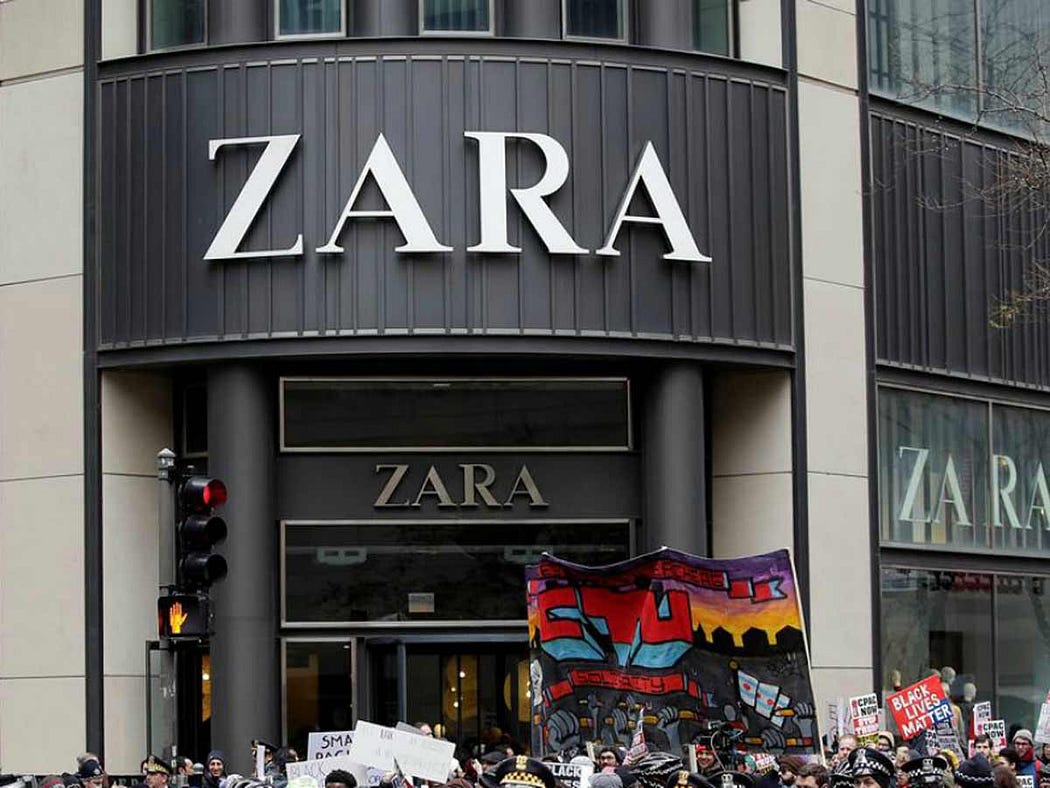
We often tend to buy things items because they convey luxury. The luxury goods market is worth billions and will continue to grow.
but is a luxury worth it or is it just human perception of things
in this article, we will learn which strategies businesses use to make that product go into the luxurious category and luxury, a burden to the environment.

If you ever go to an Apple store you will find out that all the products placed there are spaced out and inclined at a particular angle, all this is intentional. The main reason luxury products are considered premium is the exclusivity they offer, apple stores needing to be more clear and spaced out conveys exclusivity and glamour. These strategies have been used by many companies for example channel LVMH etc. If you ever go and try to buy a Rolex watch you won’t be directly given it, you will be assigned to a waiting list and if you are famous and wealthy you can get a Rolex. This strategy is called scarcity marketing strategy” or “exclusivity marketing”. If you go to any Apple store you will see every product is inclined to a particular angle(76° degrees), this is done because the way we generally see things is at an angle of 76° degrees. Apple uses this strategy to make it more attractive to the consumer.
If you regularly go to any Zara store you will notice that the product range keep on changing, this is intentional, earlier there were only 3- 4 style rotation(summer, winter, festive) but now due to fast fashion it keeps on changing every month or even weeks, this ensures that the company gets continues profit for a long period instead of the sales being concentrated for a few months or weeks. Fast fashion, even though gained a lot of popularity has a hidden cost associated with it. Fast fashion has resulted in more and more cloth waste, Companies make these products in bulk and they end up selling half of them which increases cloth waste.

Another way these companies make a profit is by close monitoring of customers and an exceptional supply chain. Companies like Zara, Chanel, and DIOR have cameras installed in their store and they track customer behavior to check for their likes, dislikes and asks, this makes them customize their stock. For example, if a customer likes a blue skirt but does not like the green one, the company shall discontinue it and if a consumer wants a product that is not in stock it will make sure to stock them.
Why do people buy luxury goods, why are they ready to pay twice the amount for an article that they can easily buy for a quarter of the price? Consumer usually go by the mentality that high price and popularity means better quality although that's not the case Apple fans often camp outside stores overnight to be among the first ones to buy the latest iPhones, iPads, and Mac computers. This happens even though Apple When it comes to smartphones, some experts believe that Samsung offers more variety and better value for money compared to Apple. Microsoft and Xiaomi phones are often more affordable than Apple’s products. However, despite these factors, Apple continues to enjoy a significant level of brand loyalty and consistently sets new sales records year after year. products do not necessarily have any unique or superior technological features compared to their competitors.

Network effect also plays a powerful role in the popularity of luxury goods, celeb endorsement , advertisements have resulted in the popularity of the goods, people mindset goes around copying the best and as many idolize singers and Hollywood stars they blindly follow them to look cool, originality and uniqueness have gone to the doorstep due to the popularisation of luxury goods